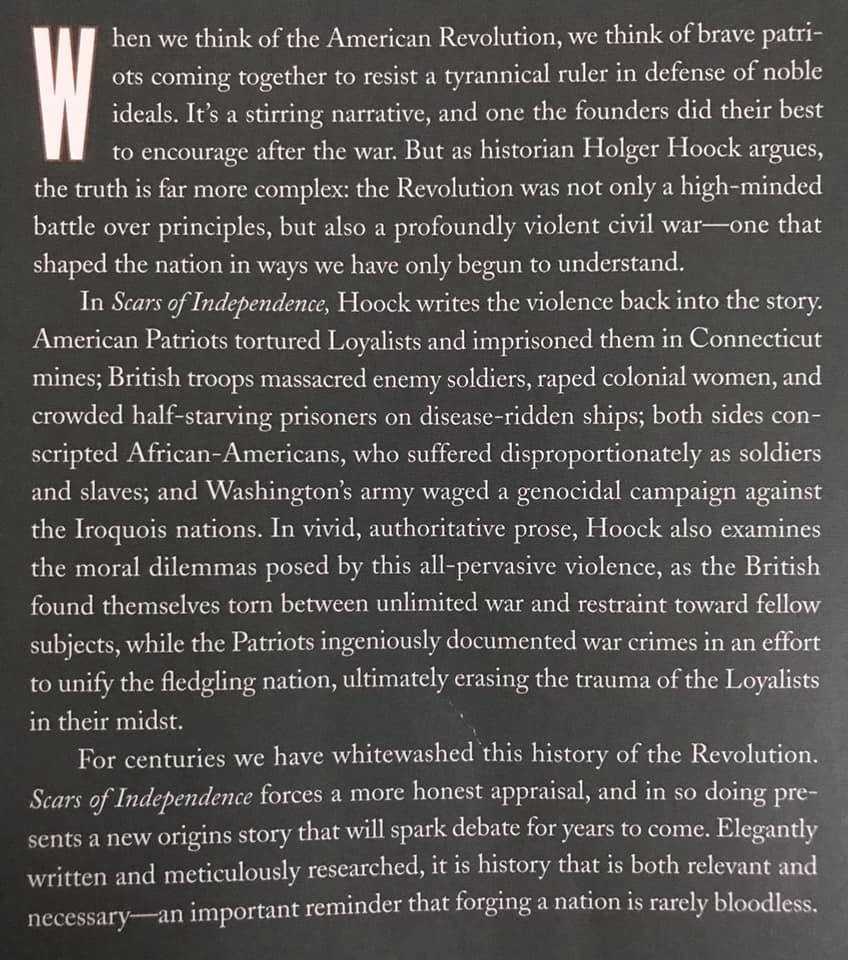Reflections and Collections for the 21st Century Social Studies Classroom
|
By Matt Doran My social media posts typically fall well behind the news cycle (if they even make to publication). Rather than retweeting and linking to articles about the issue du jour, I try to use social media platforms in educative ways that promote contemplation and reflection. One question many have recently asked: How is it that seemingly decent people justify and rationalize fundamentally deplorable policies and leaders? The psychological phenomenon of cognitive dissonance helps us understand why individuals will often "explain away" the indefensible. Cognitive dissonance refers the mental discomfort that results from contradictory beliefs, or when our beliefs run contrary to our behaviors (especially in light of new evidence). We seek consistency in our attitudes and perceptions. When what we believe is challenged, something must change in order to reduce the dissonance (lack of agreement). The need for dissonance reduction is especially acute when it involves beliefs about the self. Everyone wants to believe they are fundamentally good people who make good decisions (about health, finances, politics, etc). But sometimes the evidence mounts against us. In government and politics, this happens when parties and leaders engage in actions and policies that violate clear moral and ethical boundaries. To reduce the dissonance, supporters must change a belief--either I'm not so good at making decisions after all, or the actions/policies are justified. Aesop's fable, the Fox and the Grapes, helps illustrate cognitive dissonance. The Fox noticed a beautiful bunch of ripe grapes hanging from a high vine. After multiple attempts to jump for the grapes, the Fox fell short. He finally concludes that the sour grapes are not worth it after all. Clearly, the Fox believed two things: the grapes are desirable and he had the ability to reach them. But when the evidence showed the falsity of his belief about himself, the Fox reduces the dissonance by rationalizing that the grapes really aren't so desirable. Here's a good explanation of cognitive dissonance: https://www.verywellmind.com/what-is-cognitive-dissonance-2795012 7/11/2019 Wineburg on Media LiteracyFrom Why Learn History (When It's Already on Your Phone) by Sam Wineburg. "Wedging a media literacy course into an already crammed curriculum is like slapping a new coat of paint on a house that's teetering on its foundation: it lends to better street appeal but it does little to address the underlying problem. Making headway will entail more than a four-week media or news literacy course. It will require a fundamental reorientation to the curriculum. . . . What once fell on the shoulders of editors, publishers, librarians, and subject matter experts now falls on the shoulders of each and every one of us. The big problem with this new reality is that the ill-informed hold just as much power at the polling station as the well-informed. Reliable information is to civic intelligence what clean air and water are to public health. . . . Jefferson's solution is no less apt today than it was in his era. 'If we think [the people] are not enlightened enough to exercise their control with a wholesome discretion, the remedy is not take it from them, but to inform their discretion by education.'" - Sam Wineburg By Matt Doran
Especially on patriotic holidays, our propensity is to sanctify the causes of our wars. But clear historical analysis compels a more complex and nuanced narrative. The back cover of Scars of Independence: America's Violent Birth by Holger Hoock gives us pause for reflection and analysis. |
Blog Categories
All
Blog Archives
August 2020
|

 RSS Feed
RSS Feed

7/18/2019
0 Comments